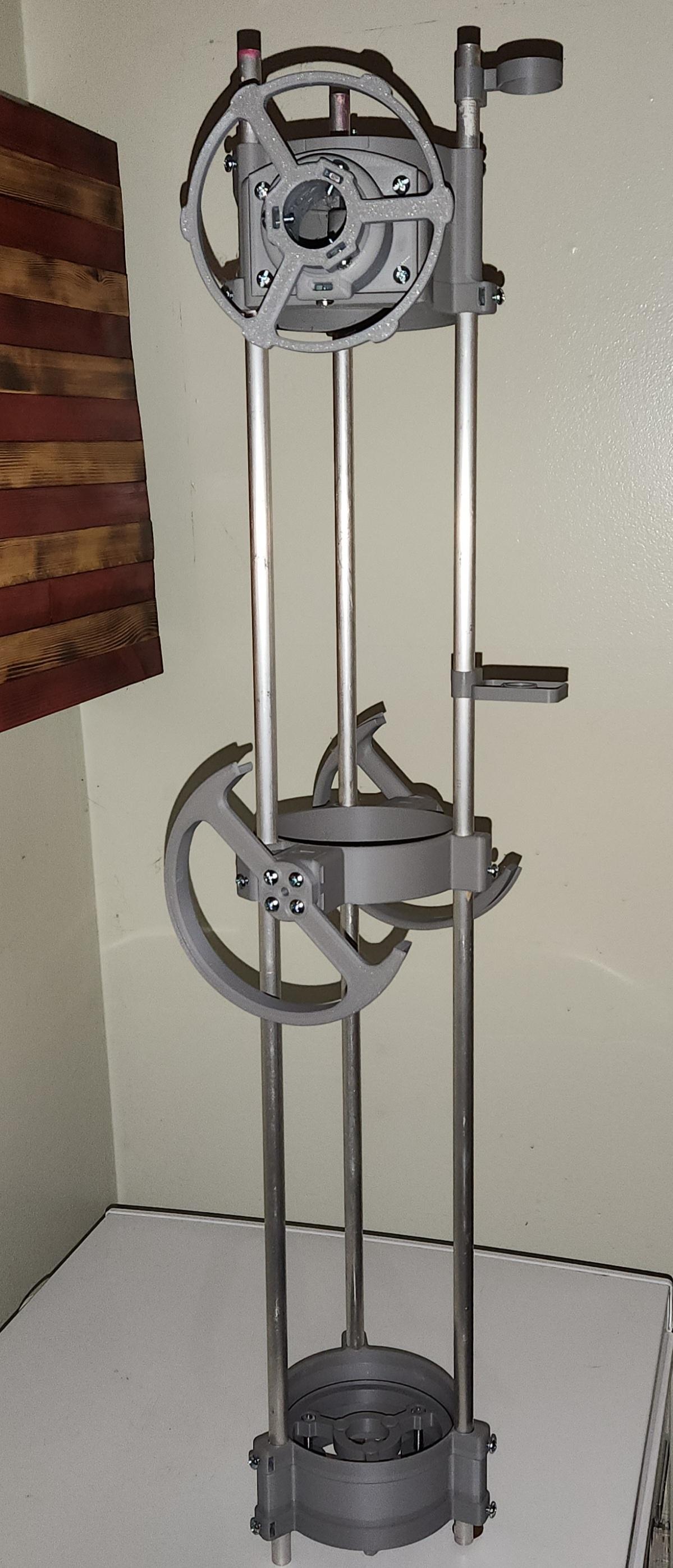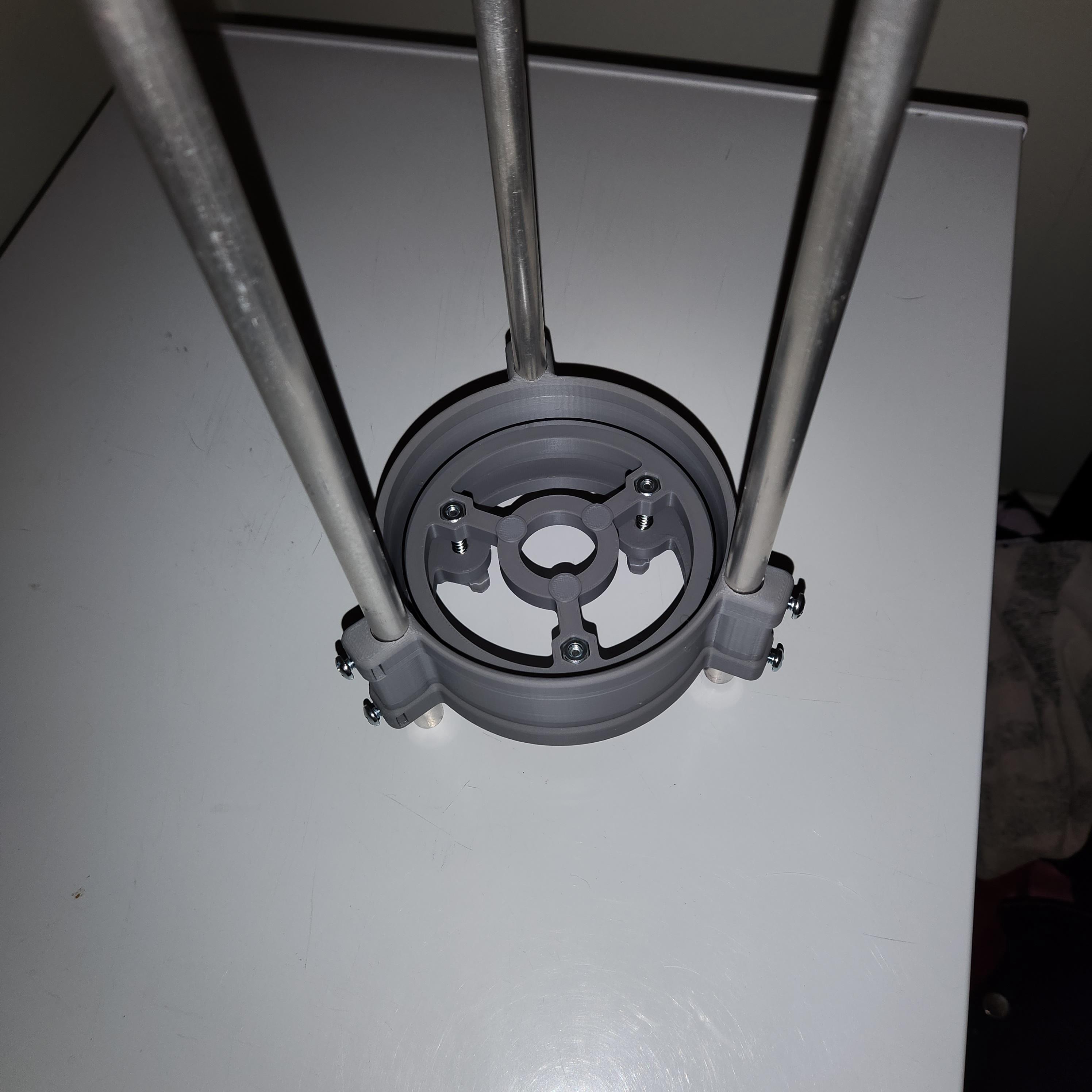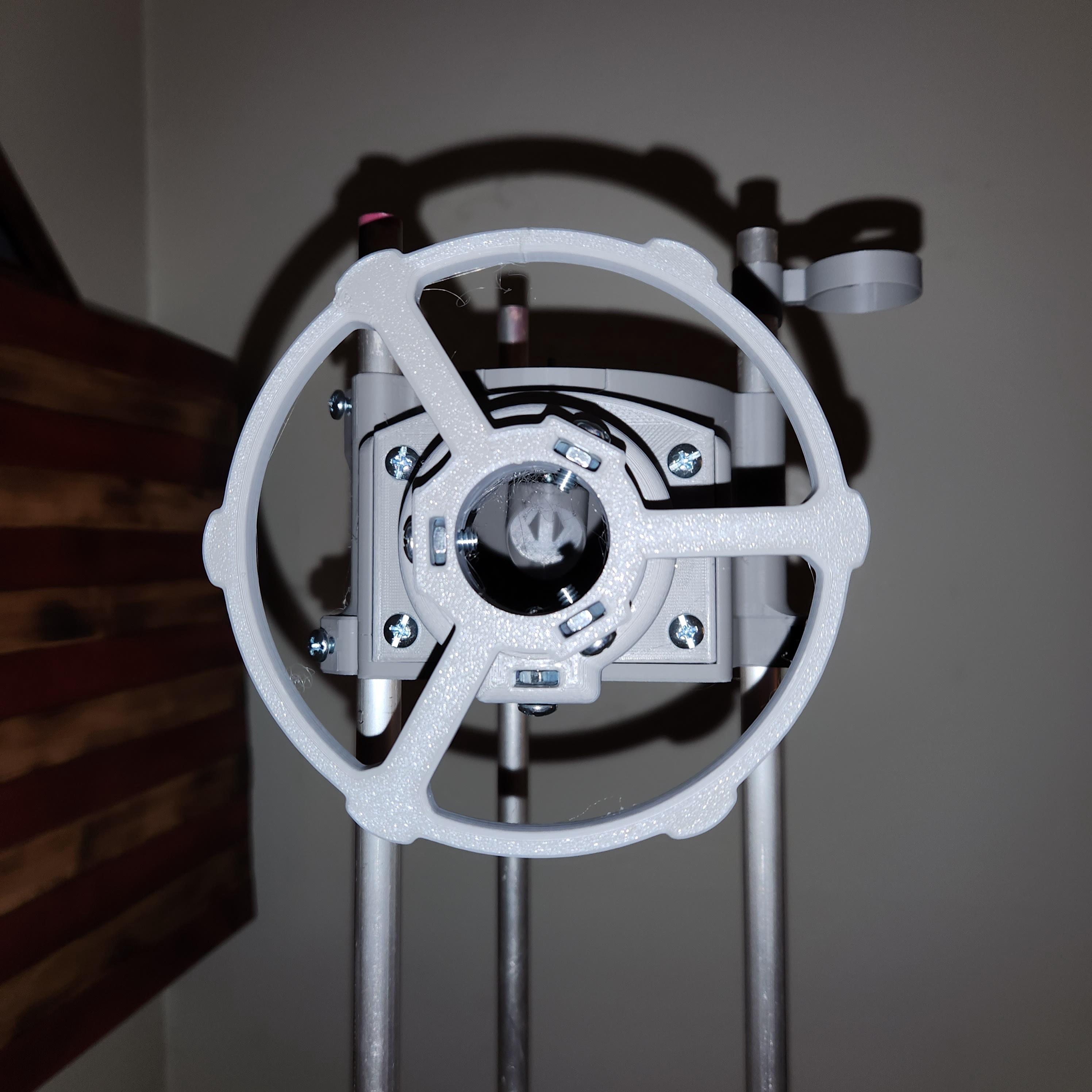Yay!
Ok - obviously one mans terror CAN be another mans raspberries -- but this $hit unnerves me for some reason
Linked:
Science-NASA Link
That is both beautiful and somewhat terrifying. I wonder what someone is trying to tell us?
Follow along with the video below to see how to install our site as a web app on your home screen.
Note: This feature may not be available in some browsers.
Yay!
Ok - obviously one mans terror CAN be another mans raspberries -- but this $hit unnerves me for some reason
Linked:
Science-NASA Link
There’s a theory Neptune isn’t even real. It’s crazy.That is both beautiful and somewhat terrifying. I wonder what someone is trying to tell us?
There’s a theory Neptune isn’t even real. It’s crazy.
It has begun. Got most of the telescope done. Just waiting on a few parts. Still have to figure out the stand.This talk of space has got me thinking about building a 3d printed telescope. You can get some mirrors on Amazon for like $30.



A cool question.Could a black hole grow at a rate that is faster than the speed of light, in which case could it get to us (or suck us in) before we saw it coming?
I have heard it on good authority, august-west, that there are rings around Uranus!!!But what about Uranus?

